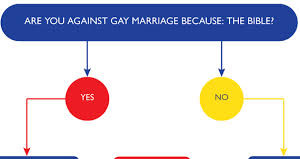In Exodus 14:13-14, Moses says to the Israelites, “Fear not, stand firm, and see the salvation of the Lord, which he will work for you today; for the Egyptians whom you see today, you shall never see again. The Lord will fight for you, and you have only to be still.”
It’s a famous rallying cry, popularized on everything from t-shirts to non-denominational blogs as a way of living out “faith alone.” But there’s a problem: Moses’ plan is a bad plan, and God corrects him for it.








